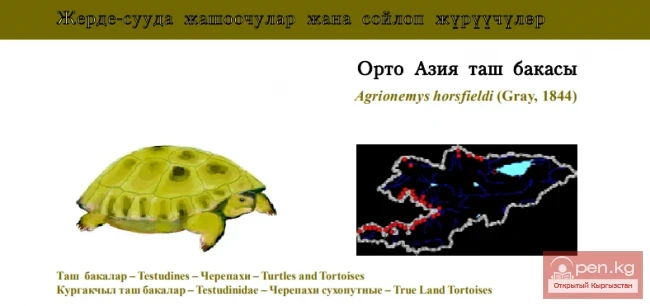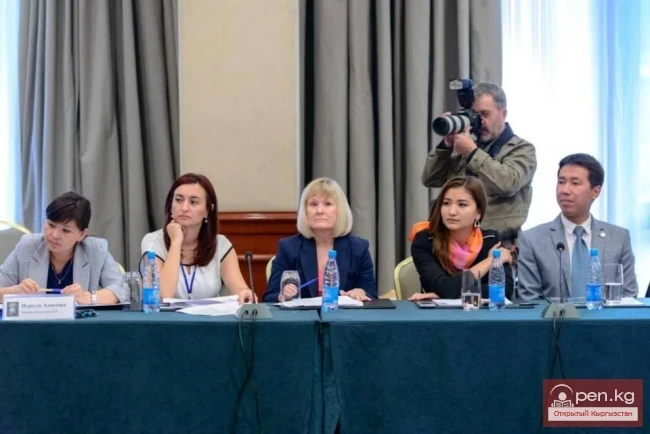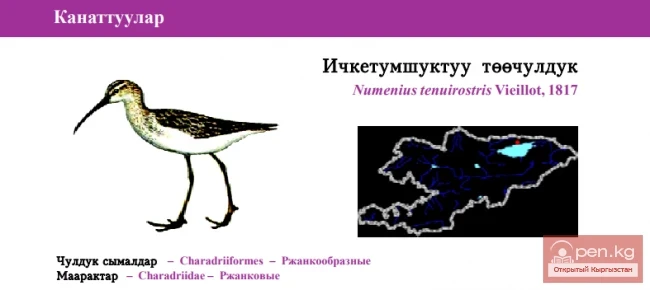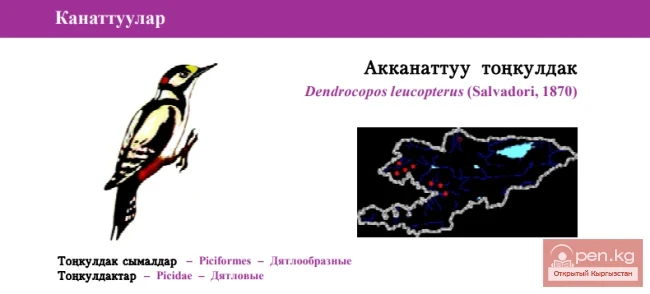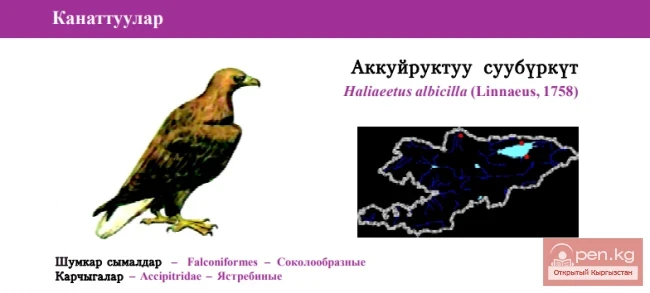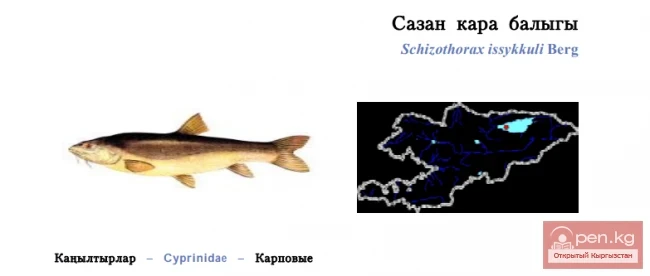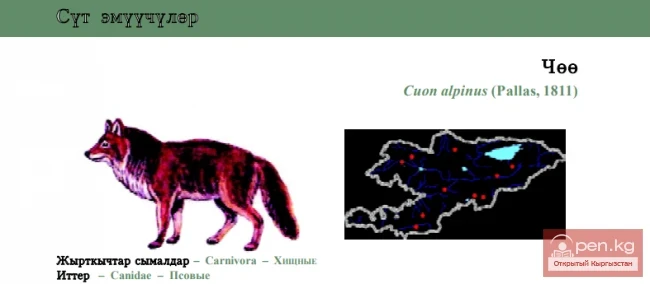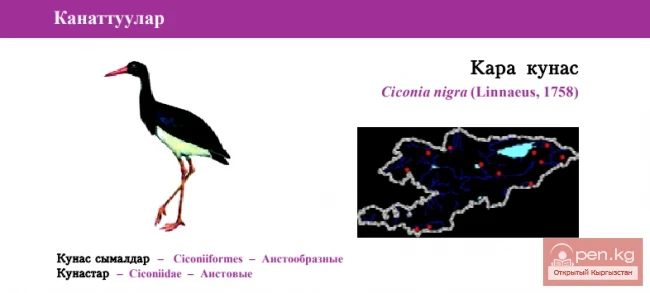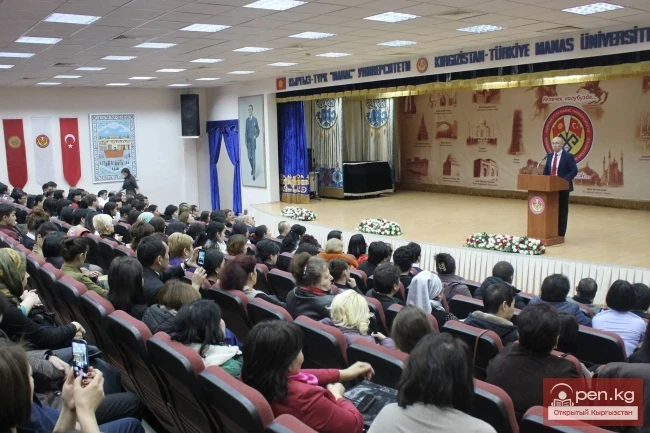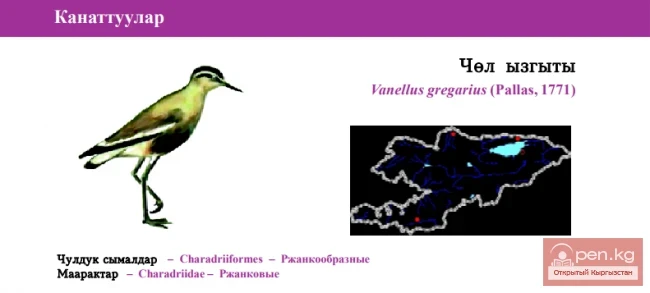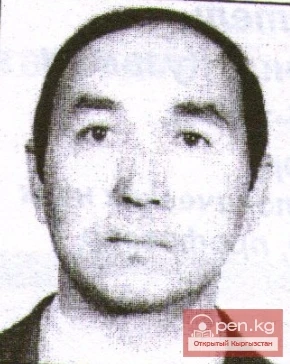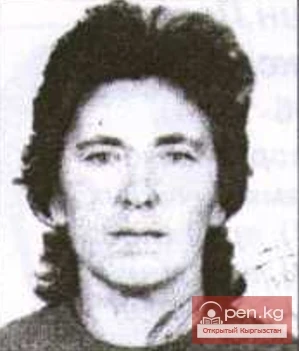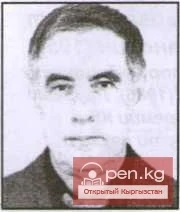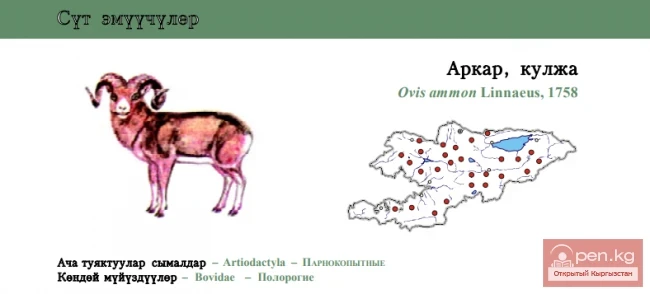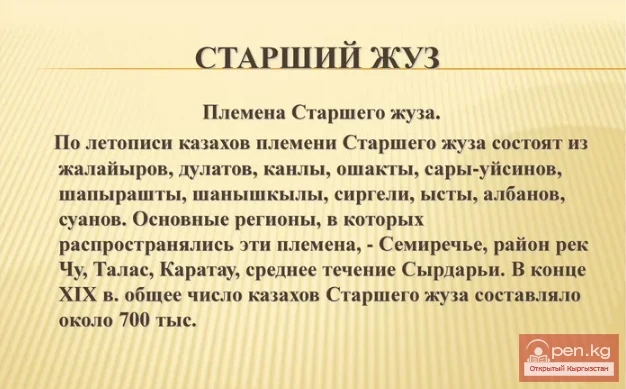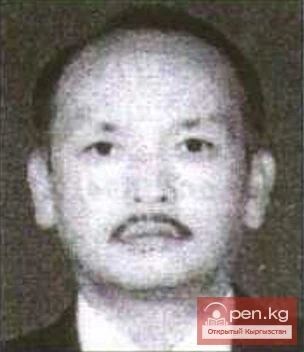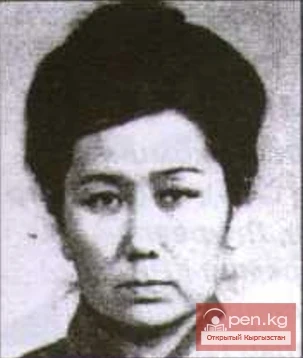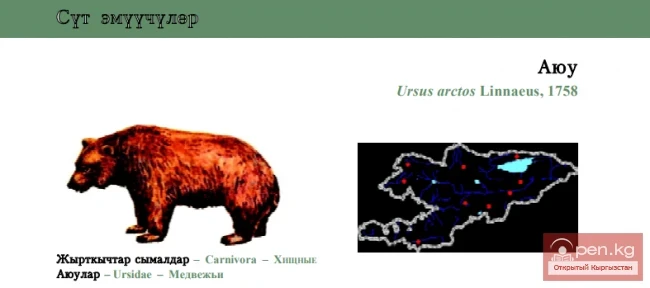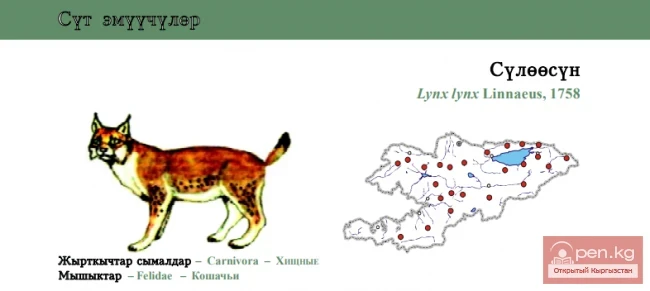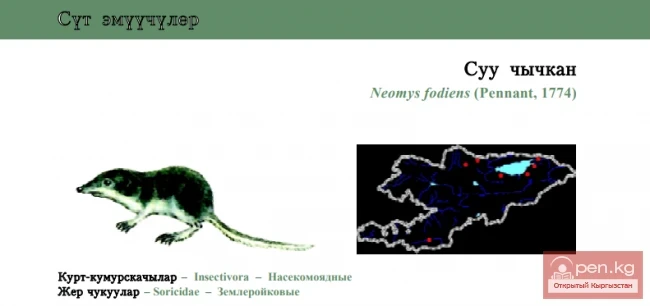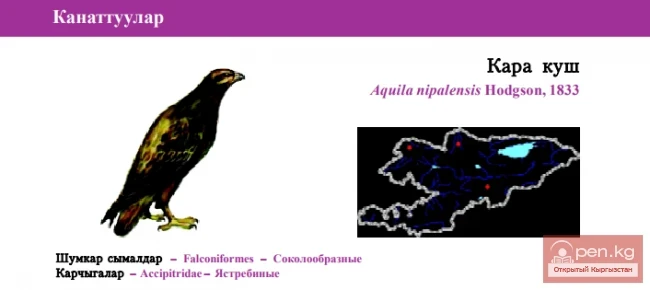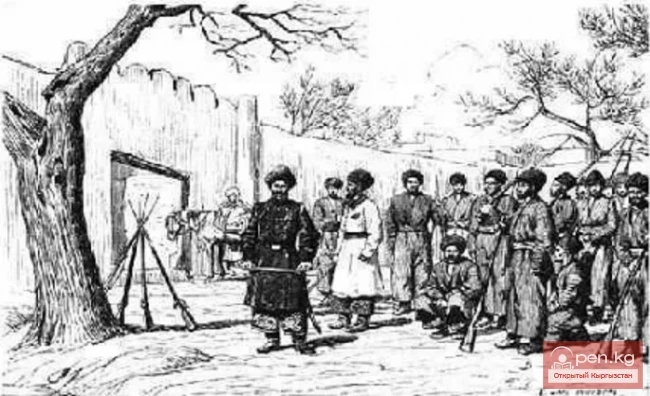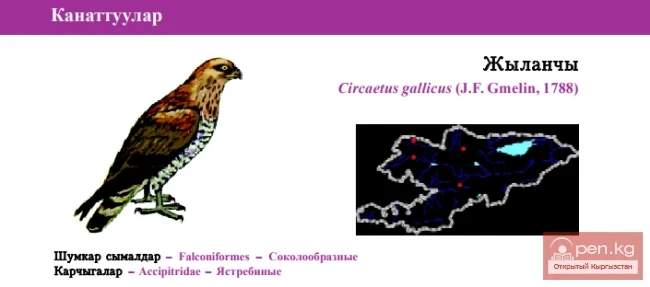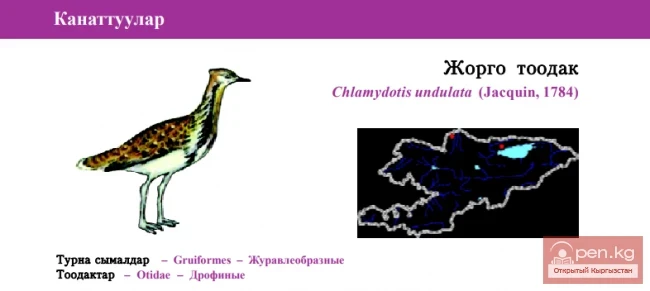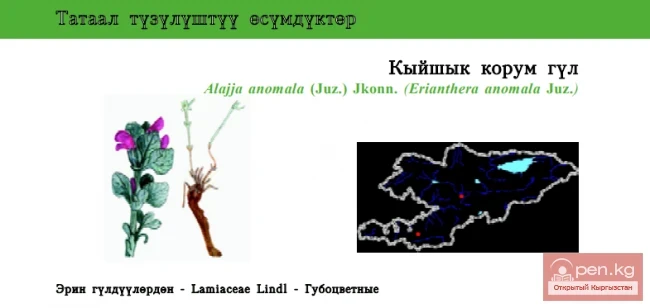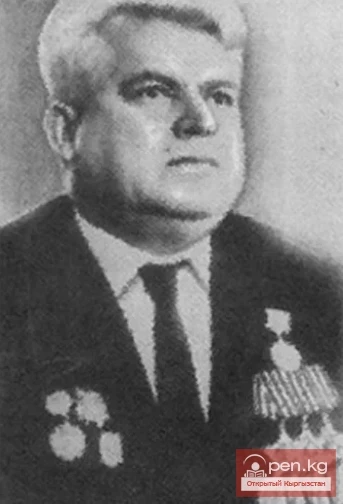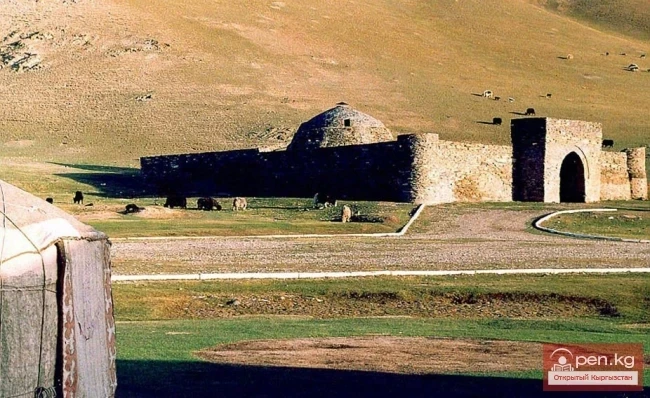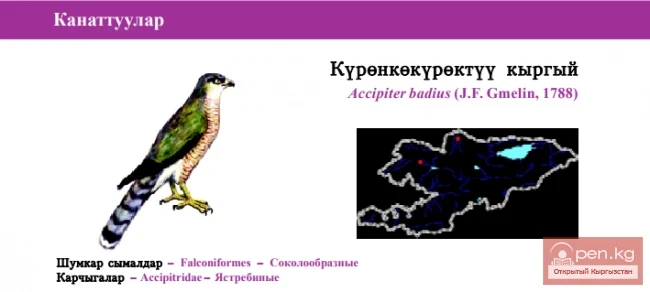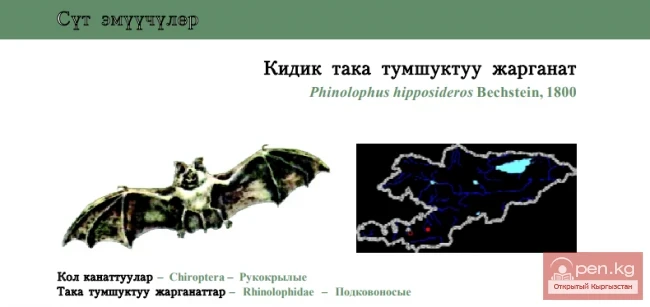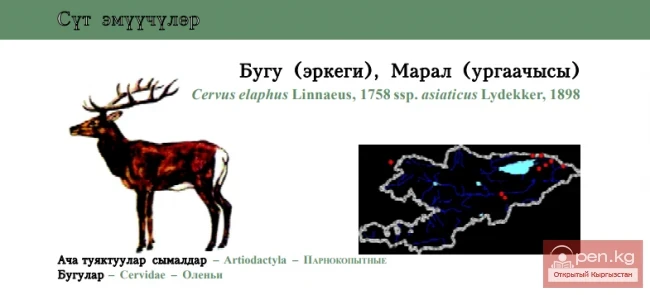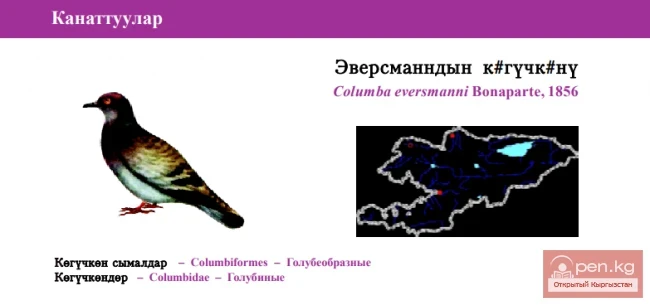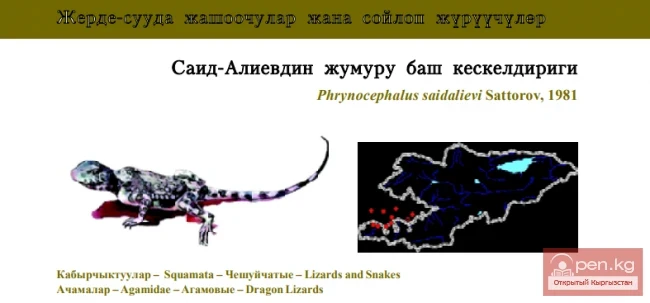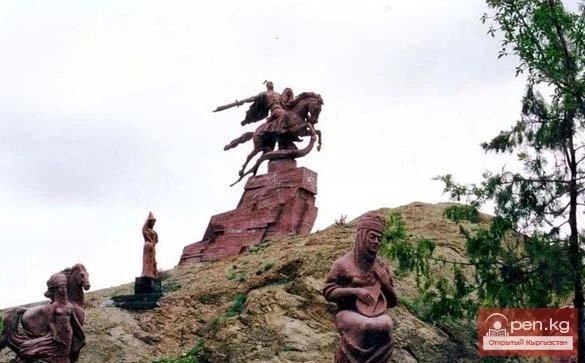It is noted that in Kyrgyzstan, there are often cases where individuals who have obtained income through criminal means successfully evade responsibility by pressuring witnesses, destroying evidence, or even dying, while leaving the illegally acquired property under the control of their relatives or front persons. These structures continue to manage illegal assets or engage in criminal activities abroad.
This situation causes dissatisfaction in society, contributes to the spread of corruption, and reduces citizens' trust in law enforcement agencies, while the state is unable to recover lost resources.According to the current Criminal Procedure Code, confiscation of property is only possible based on a court decision, which creates difficulties in cases where the criminal case is not completed, the accused has fled, died, or the case has been terminated for other reasons. This complicates the return of illegal income to the budget and reduces the effectiveness of anti-corruption measures.
The General Prosecutor's Office proposes to implement a mechanism for property confiscation that will allow for the seizure of assets whose origin cannot be confirmed by legal sources, without the need for a conviction.In various countries, such as Kazakhstan, Australia, Bulgaria, Italy, the United Kingdom, and Latvia, a model of confiscation based on civil or administrative proceedings operates successfully. In this case, the burden of proof regarding the legality of the origin of the funds falls on the owner of the property. The court operates on the presumption of illegality if a person with significant assets cannot confirm their legal origin, allowing for the confiscation of property.
This model does not violate the presumption of innocence, as it does not require a person to be found guilty of a criminal offense and is of a property-legal nature rather than punitive.In this regard, the General Prosecutor's Office proposes to amend the Criminal Code to allow for the application of property confiscation by court decision as a measure of criminal-legal impact. The Criminal Procedure Code will be supplemented with a new section titled "Proceedings for Confiscation Before Sentencing."
New Section of the Criminal Procedure Code
Chapter 62. Procedure for Conducting Preliminary Proceedings for Property Confiscation Before Sentencing.Article 547. Initiation of proceedings for the confiscation of property obtained illegally before sentencing.
1. If the accused is declared wanted or criminal prosecution is terminated under paragraphs 7 and 12 of part one of Article 27 of the Criminal Procedure Code, the investigator, having information about the illegal property whose location is established both within the territory of the Kyrgyz Republic and beyond, initiates confiscation proceedings in accordance with this chapter.
2. The investigator issues a ruling to allocate materials for confiscation proceedings, to which copies of the criminal case materials confirming the circumstances specified in paragraph 9 of part 1 of Article 81 of the Criminal Procedure Code are attached.
Article 548. Preliminary proceedings for confiscation.
1. Preliminary proceedings for confiscation are conducted in accordance with the provisions of this code unless otherwise provided in this chapter.
2. During the preliminary proceedings, in addition to the circumstances specified in Article 81 of the Criminal Procedure Code, it is necessary to establish:
- the ownership of the property by the accused or a third party;
- the connection of the property with criminal activity;
- the circumstances under which the property was acquired by third parties, which may indicate its illegality.
3. If it is found that the accused is hiding property by transferring it to other persons, the investigator requests the prosecutor to file a lawsuit in court to invalidate the transactions related to this property.
4. If there is sufficient evidence of the illegal origin of the property, the investigator prepares a conclusion stating:
- the surname, first name, patronymic of the accused, their address, and date of birth;
- information about the crime that served as the basis for confiscation;
- a description and location of the confiscated property;
- evidence confirming the circumstances specified in part two of this article;
- a conclusion on the necessity of applying to the court with a petition for confiscation.
5. The conclusion on confiscation proceedings is immediately sent to the prosecutor.
6. The prosecutor, having reviewed the conclusion, submits a petition for confiscation to the court where the criminal case is under jurisdiction. The petition includes:
- the time and place of drafting the petition;
- the position and initials of the drafter;
- information about the crime, the basis for applying confiscation;
- personal data of the accused;
- the nature and extent of the damage;
- information about the imposition of an arrest;
- a description of the property subject to confiscation;
- a list of evidence confirming the circumstances specified in part two;
- grounds for applying to the court;
- estimated costs of the proceedings.
Victims and their representatives are also notified of the submission of the petition. A list of persons who should be summoned to court is attached to it.
7. If there are no grounds for submitting the petition, the prosecutor returns it to the investigator with a note on the need to collect additional evidence or terminate the proceedings.
8. The prosecutor must perform the actions specified in parts 6 and 7 within ten days.
Chapter 63. Judicial Consideration of the Petition for Confiscation.
Article 549. Consideration of the petition for confiscation by the court.
1. The judge considers the petition for confiscation individually, and a decision must be made within one month from the date of its submission to the court.
2. The court hearing is conducted in accordance with all norms of the code, taking into account the specifics of this chapter. If necessary, the judge may summon the criminal case for additional examination.
3. The participation of the prosecutor in the court process is mandatory.
4. At the request of the lawyer or legal representative of the accused, other persons may be summoned to testify.
5. If the accused, hiding abroad, is notified of the proceedings and has no defender, and their relatives refuse to participate, the court continues the proceedings by appointing a defender at the state's expense.
Article 550. Issues Resolved by the Court in the Deliberation Room in the Confiscation Case.
1. The court issues a ruling based on the results of the consideration of the petition.
2. When making a decision, the court considers:
- the connection of the property with the crime;
- the legality of the acquisition of the property by third parties;
- the necessity and extent of the confiscation;
- actions with the seized property that are not subject to confiscation;
- the amount of costs incurred in the proceedings and who they are imposed on.
Article 551. Judicial Decision in the Confiscation Case.
1. The court issues a decision on:
- the satisfaction of the petition and confiscation;
- the refusal to satisfy the petition.
2. A copy of the decision is sent to the prosecutor and other participants in the process, or mailed to those who were not present at the court session. A copy is also sent to the person from whom the property is being confiscated.
3. The court's decision comes into force after the expiration of the appeal period.
4. After the decision comes into force, the court sends the enforcement order to the state authority for execution.
Article 552. Appeal and Review of the Confiscation Ruling. The court's ruling may be appealed or reviewed in accordance with the procedures provided by the code, both at the initiative of the prosecutor and upon complaints from other interested parties.
